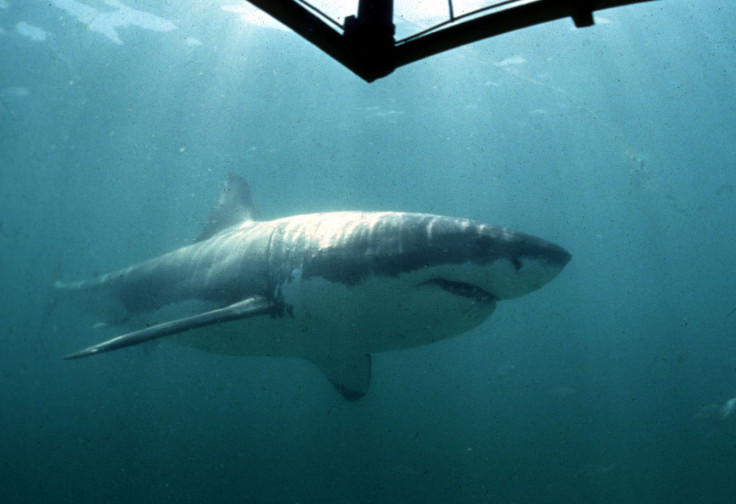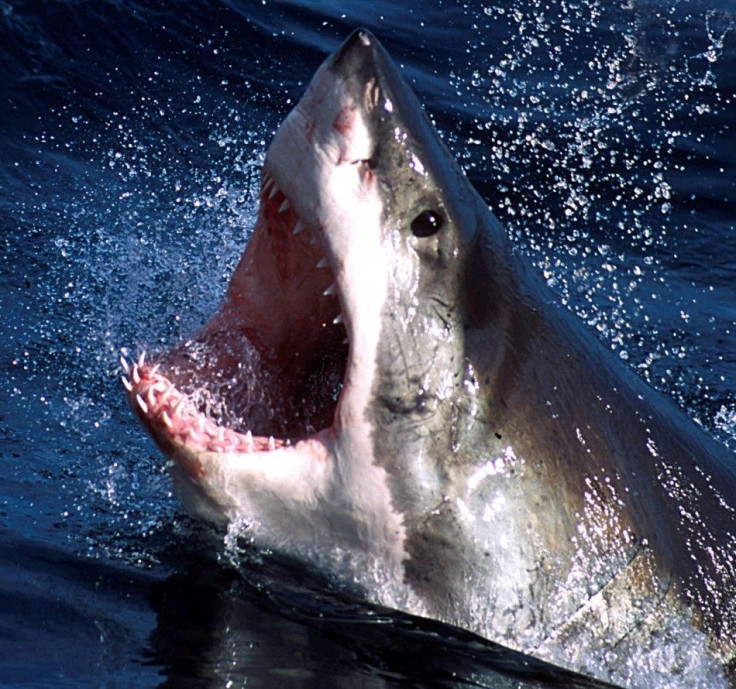Diver Captures Terrifying Video Of Great White Shark Forcing Itself Inside Cage
It takes a whole lot of guts, bravery and rock-hard will to swim with great white sharks. Even with the safety of a shark cage, a diver can never tell when and where these apex predators might go berserk and just go head on.
A terrifying video was recently discovered that showed exactly how unpredictable great white sharks are. Express UK described the near death experience of one cage diver when a shark suddenly attacked his cage while observing it in its natural habitat in Guadalupe Island in Mexico.
The spine-chilling video saw the shark “forcing itself into the cage” where the diver was enclosed. If this wasn't enough, the mega fish also swam upward and lunged itself on top of the cage.

At this point, most of the shark's body can be seen, as well as its razor-sharp teeth, the source added.
Fortunately, the cage diver was unharmed. He remained calm despite being face to face with one of the most feared creatures on Earth. Instead of pushing his panic button, he managed to swim up and out of the shark cage.
A Shark expert said that while the shark that was on the video might have been caught “acting aggressively,” they are actually doing it “out of confusion.”

The expert added that sharks lunges into something, like in the instance when it bites its prey, it is temporarily blinded. According to Shark Savers, a shark's eyelids protect the animal's eye when it attacks its prey. Other species have a “nictating membrane” that covers and protects the eyes.
Great white sharks on the other hand don't have this membrane. Instead, they have this ability to “roll their pupils in their heads” to protect it when they're feeding.
This must have been what the shark did in the video when it suddenly jumped out of the water. Of course, it was lured by bait for the cage diver to clearly see the beast. However, the shark sensed it to be prey and lunged towards the cage with the diver inside.
As for the shark cage, Popular Mechanics pointed that almost all of the world's top shark cage diving operators in the United States, Mexico, South Africa and Australia are using aluminum as primary material for their cages. Aluminum is lighter than steel and it doesn't corrode underwater.
But the most important aspect of aluminum is that manufacturers can make them as strong as they want. Great White Adventures founder James Moskito said that “sharks can't bend the bars,” but they leave a “tooth scratch.”
Sharks also don't just bite things. They tend to chomp on the things “that look like they'd taste good.” In this case, a shiny metal box is out of a shark's menu, but when it happens, the source pointed that “it's something the person inside the cage never forgets.”





















